Jinan Allan
Jinan Allan is an assistant professor of psychology, whose research focuses on human decision-making and risk literacy (i.e., the ability to evaluate and understand risk information). Before coming to Clemson, she worked as a postdoctoral research fellow at the Max Planck Institute for Human Development and the Science of Intelligence Cluster of Excellence in Berlin, Germany (2021-23). She received a Ph.D. in Cognitive Psychology from the University of Oklahoma (2021), where she conducted research on the effects of human intelligence and statistical numeracy on risk literacy and decision-making skills. Her research uses behavioral science and psychometric techniques to develop metrics and models of human decision-making and risk communication, with applications to diverse domains, including extreme weather risk information (e.g., tornado and hurricane warnings).
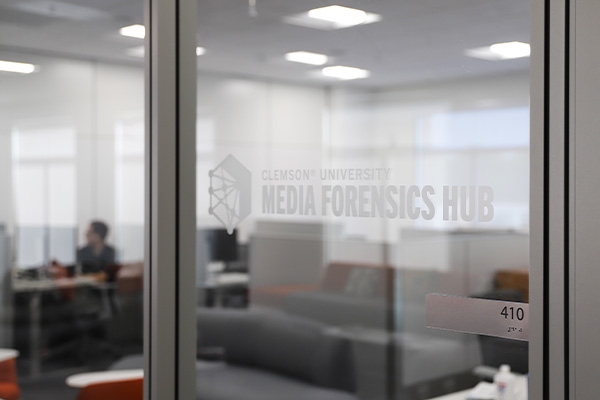
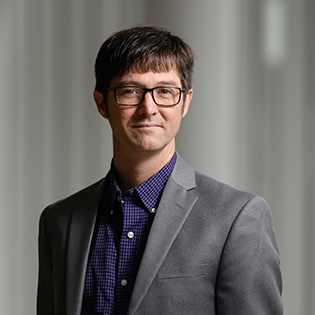

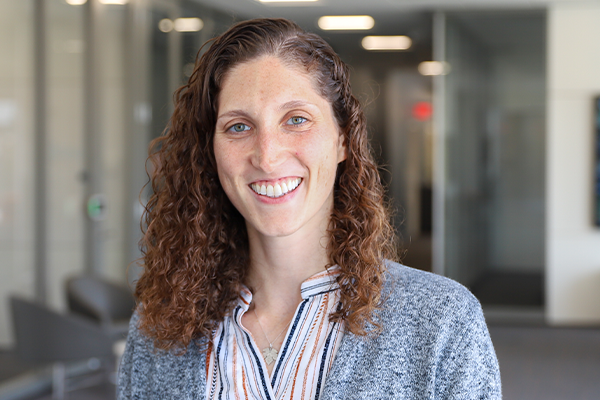
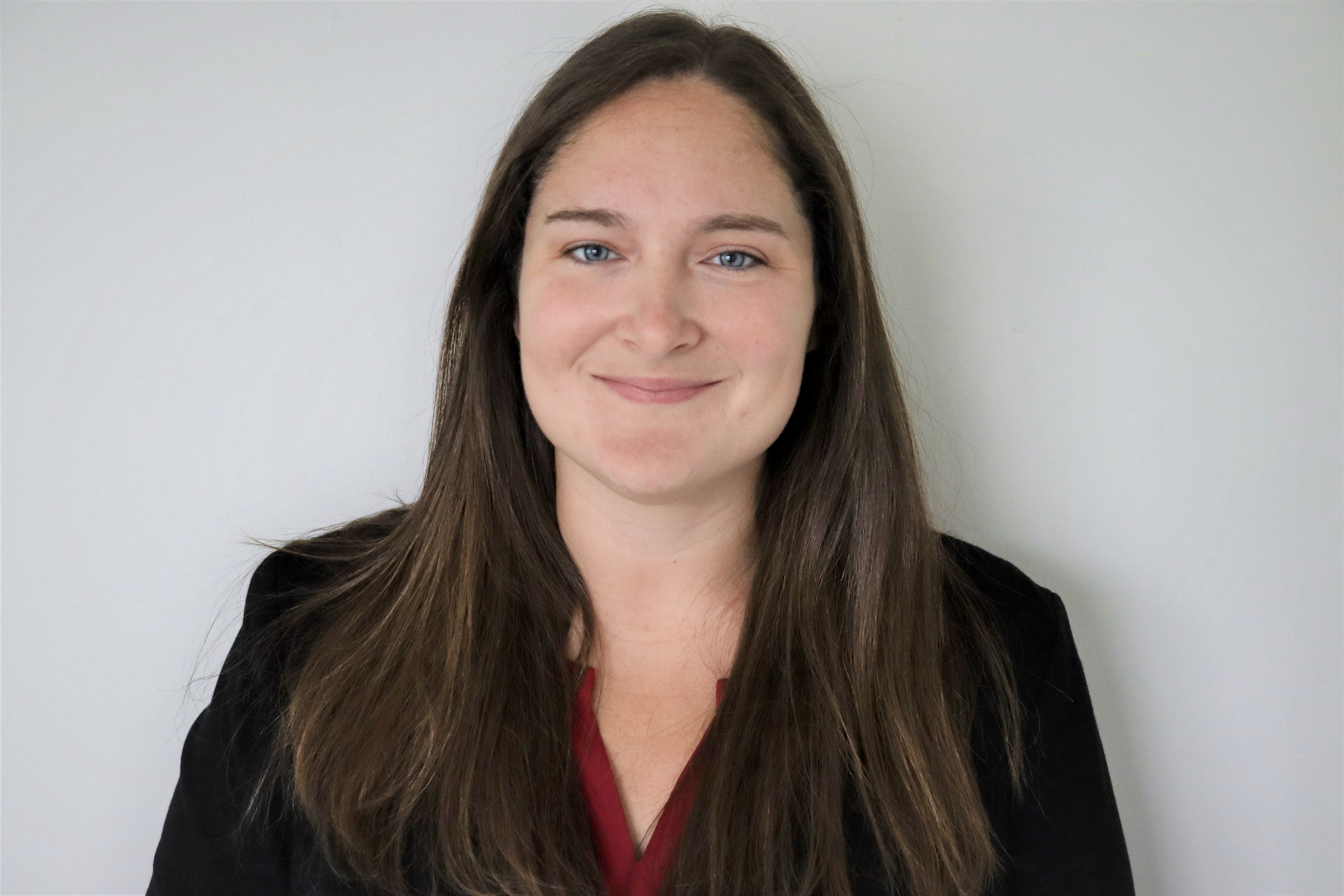
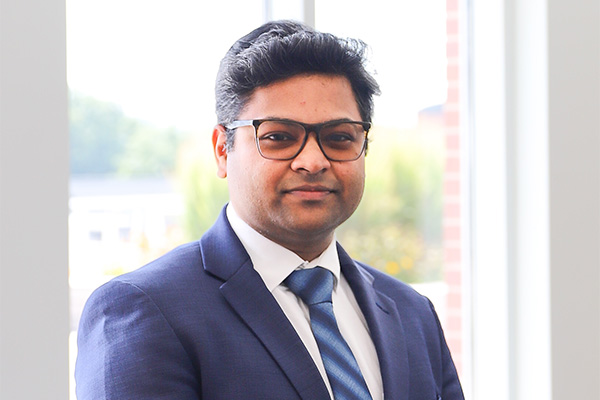


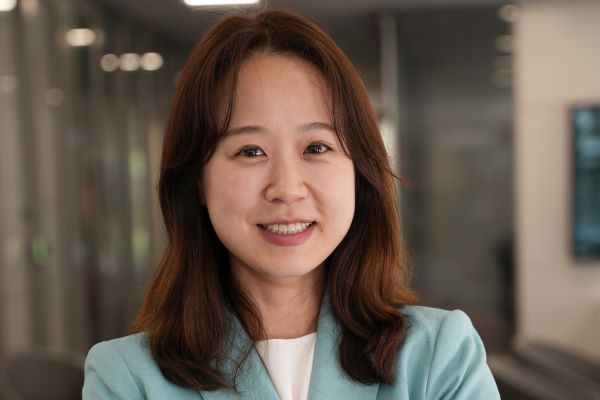
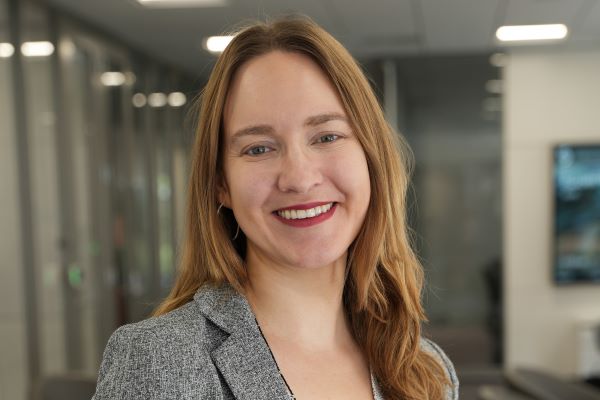
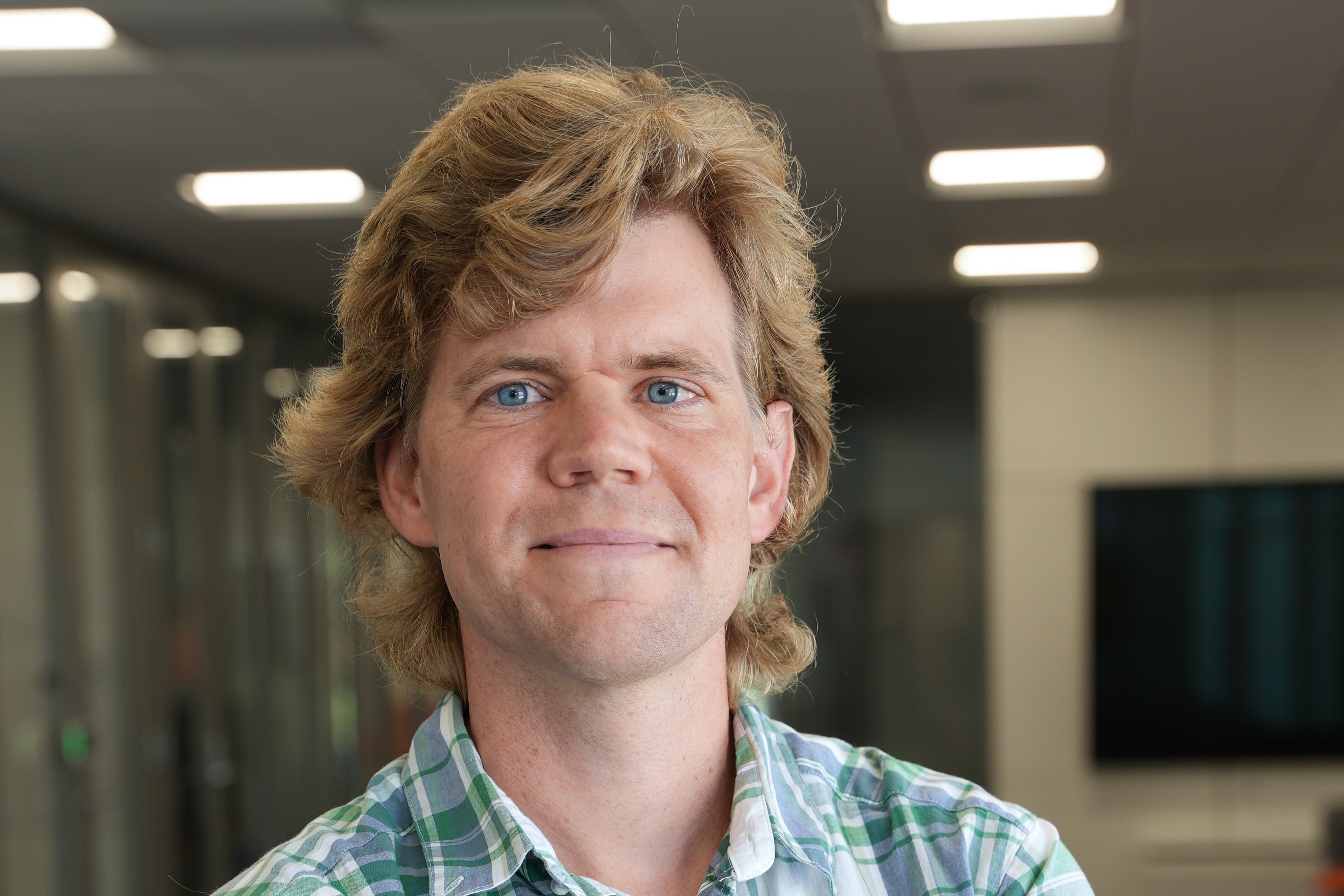
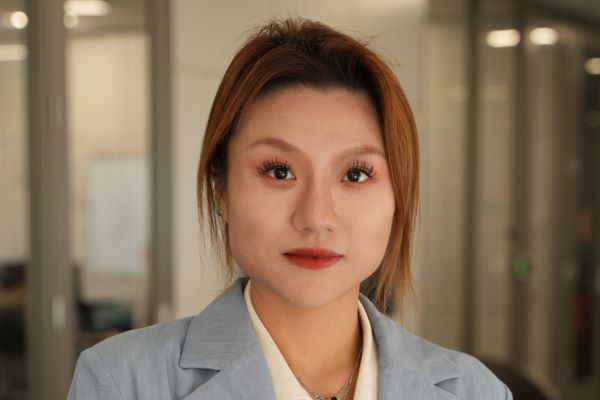



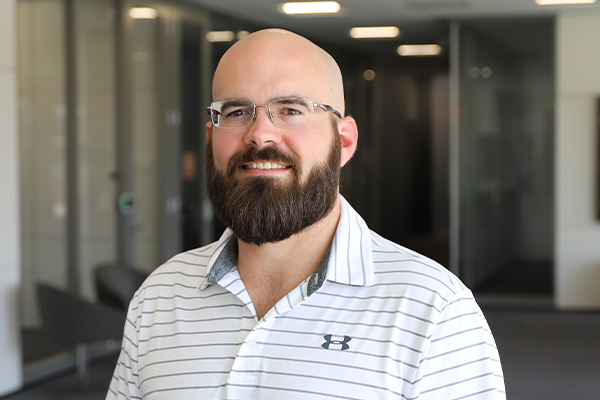
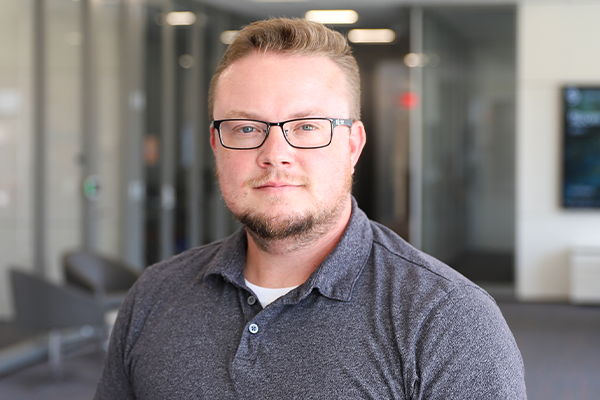
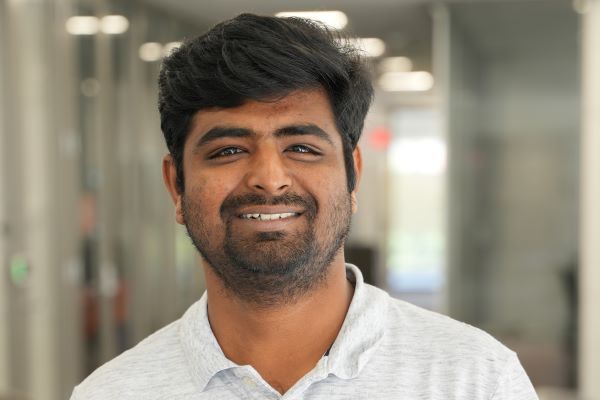
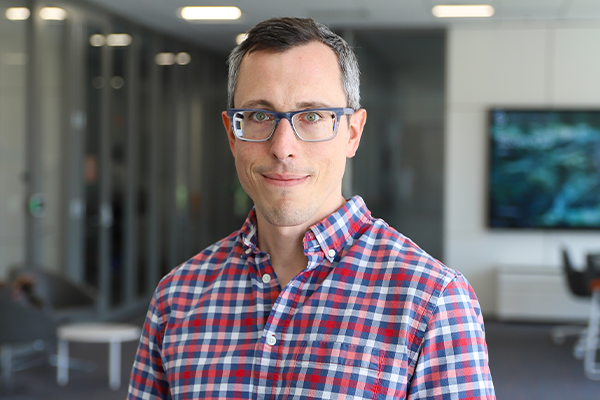

 Alexandria Castro, Knight Fellow
Alexandria Castro, Knight Fellow Nia Dicks, Knight Fellow
Nia Dicks, Knight Fellow Gail Green, Knight Fellow
Gail Green, Knight Fellow Molly Riddell, Phd Student
Molly Riddell, Phd Student